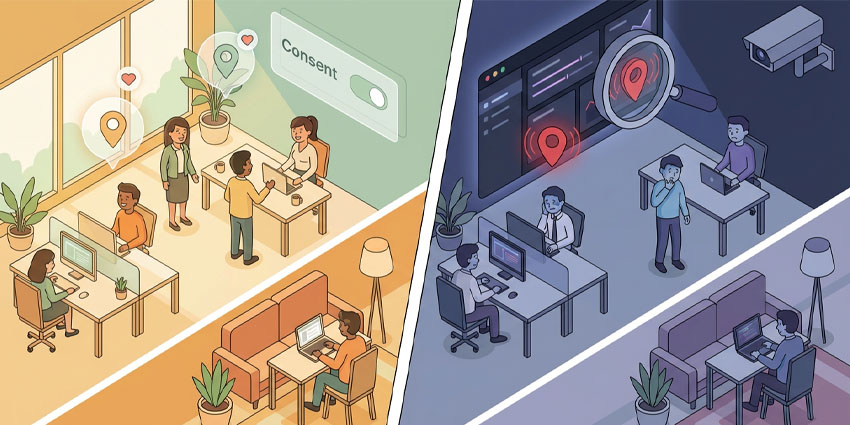Team collaboration app developer Slack has recently released data based on a survey of 1,594 UK knowledge workers. In total, 44.9 percent of the UK’s working adults work from home, with eighty-five percent of them saying they work home due to the Coronavirus pandemic. This, according to Slack, makes the UK the world leader in those working from home due to the pandemic.
Before COVID-19 became a world-wide battle, previous Slack data found that only 33 percent of UK workers reported the company they work for let them work from home permanently or full-time. Twenty-six percent reported the company they work for did not allow the practice at all. Slack said in a statement:
“While an exodus from the office has occurred on a global scale, it has been far from homogenous, with some countries far outpacing others in their move to remote work,”
Moreover, data from Slack implies that the age of the office could one day come to an end. In the future, only nine percent of respondents said they would prefer to work every day in the office, and sixteen percent stated they would prefer never working in an office again. An even higher amount, nearly 76 percent, said they now consider a company’s remote work policy an important factor when deciding where to work.
Remote work has done some good in relieving the stress involved in commutes, late nights at the office, and work-life balance, Slack found: “Work-life balance is the attribute that saw the highest amount of improvement among UK employees from working remotely (up 30 percent),” a spokesperson said in a statement. Forty-four percent said they feel less stressed or anxious about work because they work from home.
Loneliness, however, is a real and prevalent issue in the UK labour market, and Slack data suggests that businesses have to do more to keep employees connected so they can avoid getting lonely. Twenty-two percent of UK employees report increased feelings of isolation or loneliness. Having worked from home for nearly two years I can say it takes some extra effort to fight the loneliness and to maintain friendships, but it certainly is possible.
Employees surveyed in Slack’s study identified three challenges they have encountered whilst working from home, saying they find it more difficult to build maintain working relationships with colleagues, harder to stay focused, and experience unstable WiFi connections.
By late summer 2020, Slack said more workers in the U.S. (44 percent) were primarily working from home. In the Japanese labour market, 52 percent of its workforce now work from home, and in France, 58 percent of adults said they work from home. Also in Europe, the German market has 51 percent of its employees working from home, and in Australia, 39 percent. We can expect these numbers to rise as companies like Slack let employees work from home until June-2021 – giving the company time to reimagine what the future of work in the COVID-19 era and beyond might look like.
Last month at Slack Frontiers, the company announced Slack Connect DMs, verified organisations, managed connections, and a wide range of other capabilities to the team collaboration platform.







